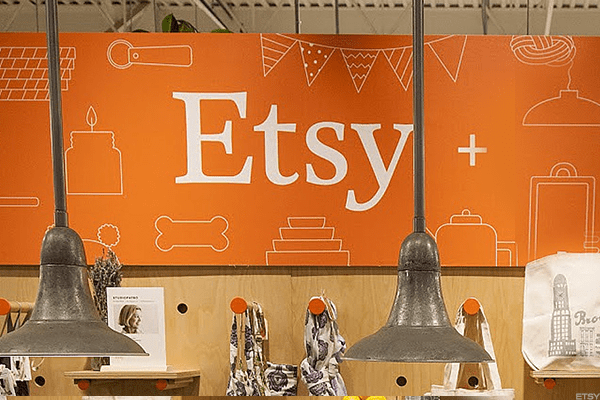
If you’re buying stocks, you obviously want to find the strongest companies possible. For Morningstar analysts that means companies to which they assign a wide moat.
These are companies the analysts believe can maintain their competitive advantages for more than 20 years.
DON’T MISS: Self-Storage Shines; Here are Morningstar's REIT Picks
“Wide-moat companies are very rare,” says Andrew Lane, Morningstar’s director of equity research for index strategies. “The designation is for companies within the cream of the crop in terms of the quality and durability of their business models.”
Only 500, or 1%, of the 50,000 companies included in Morningstar’s global equity coverage have a wide moat.
In assessing companies for moats, Morningstar analysts focus on network effects, switching costs, intangible assets such as patents and brand identity, cost advantages, and efficient scale.
Lane cited two wide-moat stocks that Morningstar analysts peg as undervalued based on the analysts’ fair-value estimates.
Etsy: 'Interesting Competitive Niche'
Etsy (ETSY), the online arts-and-crafts retailer
Morningstar analyst Sean Dunlop puts fair value for the stock at $167. It recently traded at $100.55, indicating 67% upside.
“Etsy has carved out an interesting competitive niche, jockeying for e-commerce wallet share across a variety of heterogeneous verticals in the long tail of unbranded products,” he wrote in a commentary.
“We view Etsy’s competitive strategy as sound, with the quickly growing firm capitalizing on a surge of covid-induced demand, providing one of only a handful of outlets through which customers could purchase face masks during the nadir of the pandemic.”
And the momentum continues, Dunlop said. “Though mask sales have dwindled, the platform has remained sticky, with Etsy seeing its consolidated active buyer base swell to 95 million, roughly level with 2021 figures and more than double the firm's prepandemic active buyer base.”
Etsy has benefited from “moving its marketplace operations to the cloud, investing heavily in search-engine-optimization efforts, and tinkering with performance and brand marketing to boost unaided awareness,” Dunlop said.
Salesforce: Balanced Revenue Growth, Profitability
Salesforce (CRM), the enterprise cloud software giant
Morningstar analyst Dan Romanoff puts fair value for the stock at $245. It recently traded at $197, indicating 24% upside.
“Salesforce represents one of the best long-term investment opportunities in software,” he wrote. “The company should provide investors with a nice balance between revenue growth and improving profitability.”
To wit, “even as revenue growth has decelerated over time, we believe a new focus on margin expansion should continue to compound strong earnings growth for years to come,” Romanoff said.
The company is taking advantage of the cloud, he noted. More than half of enterprise customers use multiple clouds.
“Salesforce will benefit from natural cross-selling among its clouds, upselling more robust features within product lines, vertical solutions, pricing actions, and international growth,” Romanoff said.
“Salesforce is widely considered a leader in each of its served markets, which is attractive on its own. [And] the tight integration among the solutions and the natural fit they have with one another makes for a powerful value proposition.”
The author of this story owns Salesforce shares.
Action Alerts PLUS offers expert portfolio guidance to help you make informed investing decisions. Sign up now.







